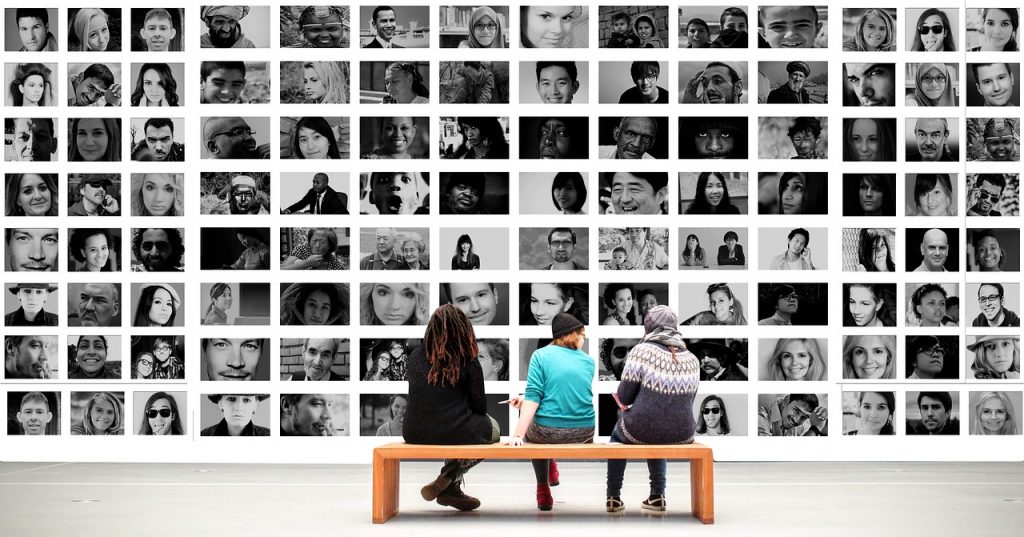
Not even looking at pictures of baby animals has helped.
However, as Dr. King once said, “If you can’t fly, then run; if you can’t run, then walk; if you can’t walk, then crawl. But whatever you do, you have to keep moving forward.” We nonprofits have to keep moving forward. People depend on us. We have work to do.
The 2020 Census is coming up. This is an incredibly important process that happens in the US every ten years. The results determine how much federal funding is allocated to each state, as well as how many seats in the US House of Representatives. And this time, more so than others, there is severe risk of vast communities being under-counted, for several reasons. Among them:Continue reading →





